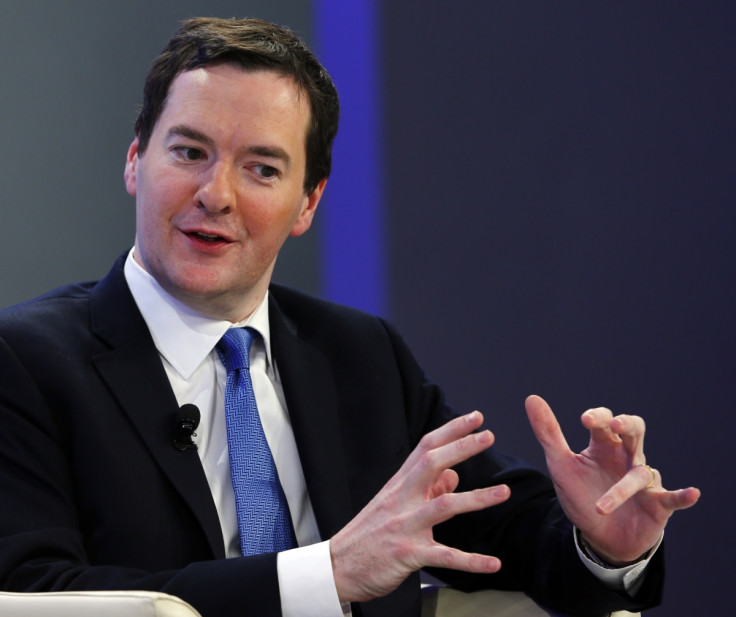CBI: UK Output Growth Hits 2007 Levels as Recovery Gathers Pace

Britain's economy has reached a pace of output growth not seen since the beginnings of the financial crisis in 2007, said the Confederation of British Industry.
The CBI said in its first ever Growth Indicator report that the 630 respondents to its various business surveys reported a balance of +30% for output growth in volume terms, the quickest pace since September 2007.
It follows months of improvement in the UK economy and upward revisions to growth estimates by leading forecasters, such as the International Monetary Fund and OECD.
"A picture is unfolding of a real upsurge in output across much of the UK economy," said Katja Hall, chief policy director at the CBI, Britain's biggest business lobbyist.
"Many firms in many sectors are feeling brighter about their prospects than they have for a long time, showing the recovery is gaining traction.
"We certainly need companies investing more and creating a bigger footprint in fast-growing markets, and while some risks remain, we expect the economy to continue to strengthen through 2014."
The CBI's new report is a monthly composite of its own economic surveys spanning manufacturing, retail and the services sector.
In its World Economic Outlook report, the IMF said the UK economy would grow by 2.4% across 2014, up from its previous estimate of 1.9% and the biggest increase of any country in the world. Growth will then slow slightly to 2.2% in 2015.
Rising confidence among consumers and firms was driving the recovery, said the IMF, as well as easing credit conditions. But the body warned that "economic slack will remain high", showing the UK has a lot more potential for growth.
UK Prime Minister David Cameron called the upgrade an "encouraging sign of more jobs and security".
Chancellor George Osborne hopes the headline economic recovery will be enough to lead the Conservatives to victory at the 2015 general election.
But the opposition Labour party says there is a "cost of living crisis" because of falling pay in real terms as prices grow faster than wages.
A poll by PR agency Edleman found that more than eight in 10 Britons do not expect to be better off in 2014, despite the recovery.
Osborne has written to the Low Pay Commission to suggest the UK's National Minimum Wage should see an above-inflation hike. He has also lifted the personal allowance – the earnings threshold at which an individual starts paying income tax – to £10,000 from 2014/15.
Labour leader Ed Miliband said he would boost household incomes by freezing energy prices, offering better childcare support so parents could go to work, abolishing the bedroom tax, which reduces housing benefit for those with spare rooms, and increasing the minimum wage.
© Copyright IBTimes 2025. All rights reserved.






















